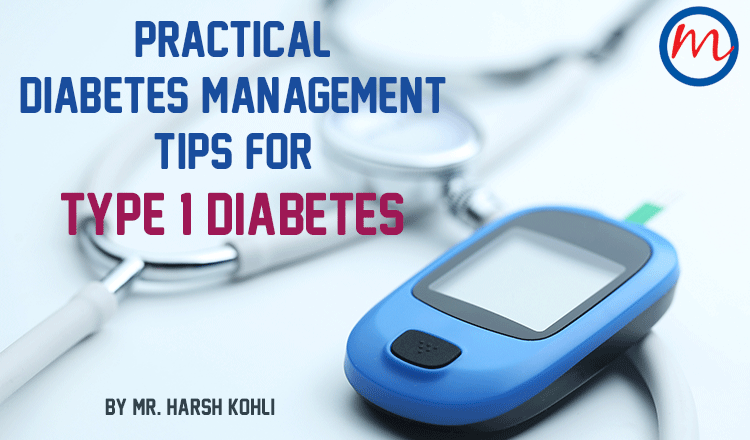The virulent attack by the deadly corona virus all over the globe has been likened to World War III. It seems like an invisible enemy that everyone is trying to fight both physically and mentally. What are the ‘weapons’ we can use to counter this virus? How does one emerge from this unscathed, as it does not seem to discriminate between the young and the old, the rich and the poor, the healthy and the unhealthy, so to speak? Of course, those with better immunity seem to be able to ward it off or even fight it better.
The surprising factor in this situation is that it seems to have taken its toll on most people mentally even if they have not actually been afflicted with it. Anxiety levels are on the increase due to insecurities, such as financial, employment, future, and family worries, apart from health. People who can afford to, are hoarding like never before, be it essentials, medicines or non-essentials., while the financially weak sections are clamouring for one meal a day. Those who are depressed are probably becoming worse due to the negativity shrouding the entire humanity.
Individuals with chronic illnesses such as diabetes, cardiovascular disease, chronic kidney disease, chronic pulmonary obstructive disease and most cancers are affected that much more due to their compromised health status. Following a healthy lifestyle and physical activity which is highly recommended for these conditions may not be possible in the present scenario. People are forced to stay indoors and even following a healthy diet may be challenging due to lack of accessibility.
Lack of mental diversions, such as going for work, socialising, going to the gym, pursuing a hobby, have all come to a standstill due to the current lockdown. In fact, Dr. Elke Van Hoof has termed the lockdown as the ‘world’s biggest psychological experiment’. The uncertainty regarding the situation is adding to everyone’s stress levels. What one needs to worry about is the extent to which the corona virus has affected and will continue to affect people’s mental health.
The Lancet on has published many studies regarding the psychological impact of the quarantine, and what is happening in households, which can be viewed as a universal phenomenon. They recommend a multidisciplinary approach where the clinical, behavioural, psychological, social and neurological sciences come together to provide support to those affected by COVID 19.
The media reports violence is on the rise, especially against women. Work load for women is increasing when everyone is at home, and not going for work as usual. At one end of the spectrum, alcoholics are getting frustrated and experiencing withdrawal symptoms, compounding the issue further, due to which physical and mental abuse are on the increase. Those who are used to working are worried about getting back to work, and about their financial stability. However, there may be more absenteeism, as people are scared to go for work fearing the worst.
In such a scenario, one wonders how people are coping with their physical ailments as well as emotional distress. Those with diabetes are especially vulnerable, physically, mentally and financially. Keeping blood sugars under check is a huge challenge even at the best of times. Poor compliance with the regimen due at a time like this is understandable but does not help the situation, as it may lead to more emergencies, increased hospitalisations and health costs. Those with co-morbidities and complications are probably in the high risk category.
To Summarise, Those At High Risk For Mental Health Issues Include:
- Children and individuals below 30 years of age.
- The elderly population.
- Health care workers and front line officials.
- Those suffering from chronic illnesses or have disabilities.
- Chronic alcoholics and smokers.
- Those who have pre-existing mental health issues such as mood disorders, anxiety and depression.
What about psychological help for those who cannot leave their houses to consult a mental health specialist? If you are experiencing any of the following symptoms: extreme irritability, insomnia, irrational fears or anxiety, low mood, mental exhaustion or feeling drained out, help is at hand. Those who are elderly, disabled, depressed or even parents who maybe struggling with children who have type 1 diabetes, please reach out to us. We are here to help you and alleviate your suffering. Strict confidentiality will be maintained, so be assured. We are only a phone call away.
Meanwhile, Some Self-Help Interventions Include:
- Deep-breathing or pranayama.
- Keeping physically active at home.
- Taking constant breaks from social media and news updates which are probably adding to one’s stress.
- Sleeping well.
- Eating a nutritional, well-balanced diet.
- Following a structured lifestyle.
- Positive thinking, and the reality that this too shall pass, and the sun will shine again as usual.
Vidyulatha Ashok. Working as a counselling psychologist at Dr. Mohan’s Diabetes Specialities Center for the last ten years. Special areas of interest include diabetes and stress and interventions for stress management.




